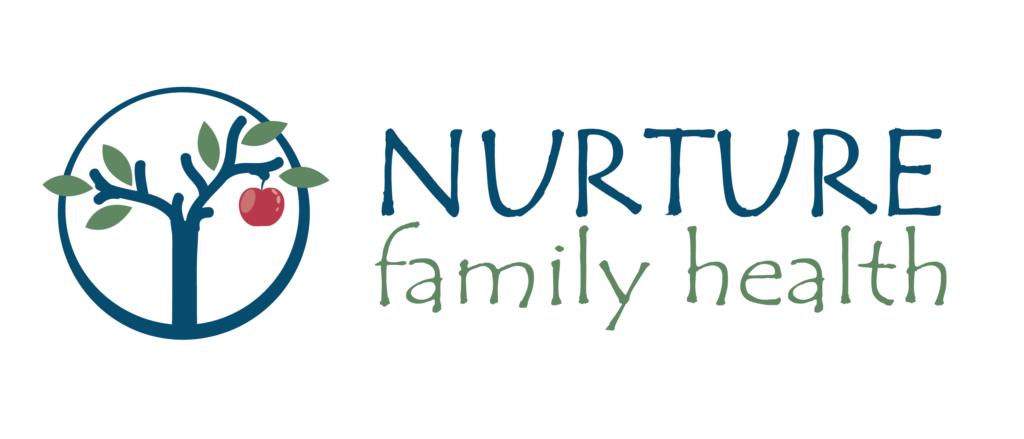 Preventative Medicine
Preventative Medicine
Universally, preventative medicine refers to measures taken to prevent disease rather than curing them or treating their symptoms. Traditional examples of preventative medicine include hand washing and immunizations, as well as annual examinations and screening tests like mammography or colonoscopy.
In actuality, preventative medicine is so much more than just screening for disease prior to its onset. Preventative medicine is proactive healthcare. Over a third of deaths in the US are due to preventable causes. The leading causes of preventable death in the United States are tobacco smoking, obesity, alcohol consumption, and infectious diseases.
Disease occurs prior to the onset of symptoms. It is a result of an imbalance in the inner workings of the body, which occurs slowly over time. If this imbalance continues to occur it will eventually lead to disease and the development of symptoms.
Proactive health care to prevent disease includes:
- A diet rich in whole foods designed based upon your food intolerances, blood type, and individual needs
- A lifestyle plan which includes regular movement, stress reduction techniques, personal time, laughter, and healthy social interactions
- Supporting potential areas of organ weakness through diet and supplements. Potential areas of weakness are diagnosed based upon your history, nutritional physical, symptoms, and other genetic markers
